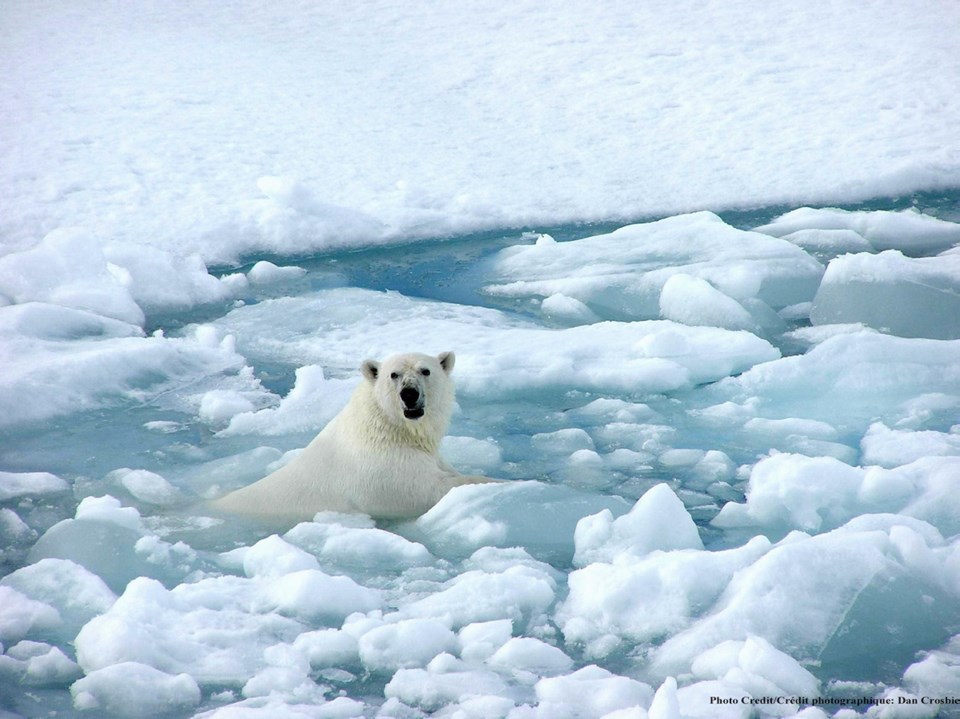The Institute for Healthcare Improvement in the U.S. is a leader in improving the quality of care and the effectiveness of the health-care system, and its approaches are also widely used in Canada.
The guiding principle underlying all that the institute does is that “every system is perfectly designed to get the results it gets.”
The principle comes to us from systems and management science and organizational development. When applied to health care, it is used to try to understand what leads to poor-quality and ineffective care and medical error.
Then it is used to figure out what changes in the system are needed to prevent those problems and to ensure quality care. It is a principle that we should apply more broadly to our society and the global ecological changes we are creating, especially climate change.
There is mounting evidence that the planet is heating up — and quicker than expected. In fact, there have been several worrying observations and studies about climate change in just the past month. One study in Nature Communications projects temperatures in the North China Plain within the next few decades that “may limit habitability in the most populous region of the most populous country on Earth.”
Other reports have documented the unprecedented breakup of Arctic ice and glaciers and the melting of permafrost in Siberia and Alaska. The latter could release not only vast quantities of carbon dioxide but also methane, a greenhouse gas that is 25 times more potent that CO2, creating a worrying self-reinforcing cycle; more warming releases more methane and CO2, which creates more warming.
Loss of Arctic sea ice and permafrost thawing are two of the 15 “tipping elements” that scientists from the Stockholm Resilience Centre discuss in an article in the Proceedings of the National Academy of Science. These elements, which also include Amazon and boreal forest dieback, might combine to create what they call a “tipping cascade,” a “domino-like cascade that could take the Earth system to even higher temperatures.” They caution that this could lead to “conditions that would be inhospitable to current human societies and to many other contemporary species.”
Moreover, a report from the Breakthrough Institute in Melbourne suggests the scientific community has been overly conservative in its approach: “The bulk of climate research has tended to underplay these risks, and exhibited a preference for conservative projections and scholarly reticence.” However, the report states, such an approach “is now becoming dangerously misleading with the acceleration of climate impacts globally … [because] what were lower probability, higher-impact events are now becoming more likely.”
So if we apply the institute’s principle, we must conclude that our current social, economic, political and cultural system is perfectly designed to bring us not only the economic growth and increasing wealth we seek (mostly for the select few, with increasing inequality for many), but the global ecological consequences: climate change, resource depletion, pollution, species extinction and other global ecological changes.
Moreover, it seems our political system is perfectly designed to fail to come to grips with these problems. We have seen the U.S. pull out of the Paris Accord and work to promote coal use. In Canada, Prime Minister Justin Trudeau’s government has taken over the Kinder Morgan pipeline, which will support expanded production of Alberta’s dirty oilsands oil, while Ontario’s new government and other provinces fight back against the carbon tax.
Sadly, our political system consistently favours short-term economic and political gains over long-term human and ecological well-being.
This cannot continue. We should not undertake what amounts to an experiment to see what might trigger disastrous tipping cascades — but that is exactly what we are doing.
We have to step back and understand what aspects of the current system lead us to make the wrong long-term decisions. Then we have to figure out what it would take to create a societal system that is perfectly designed to enable all the people of the world to live good-quality lives within the boundaries of the Earth’s ecological systems.
This is the most important challenge we face in the 21st century. Next week, I will delve into some of the key aspects of this challenge.
Dr. Trevor Hancock is a retired professor and senior scholar at the University of Victoria’s School of Public Health and Social Policy.



